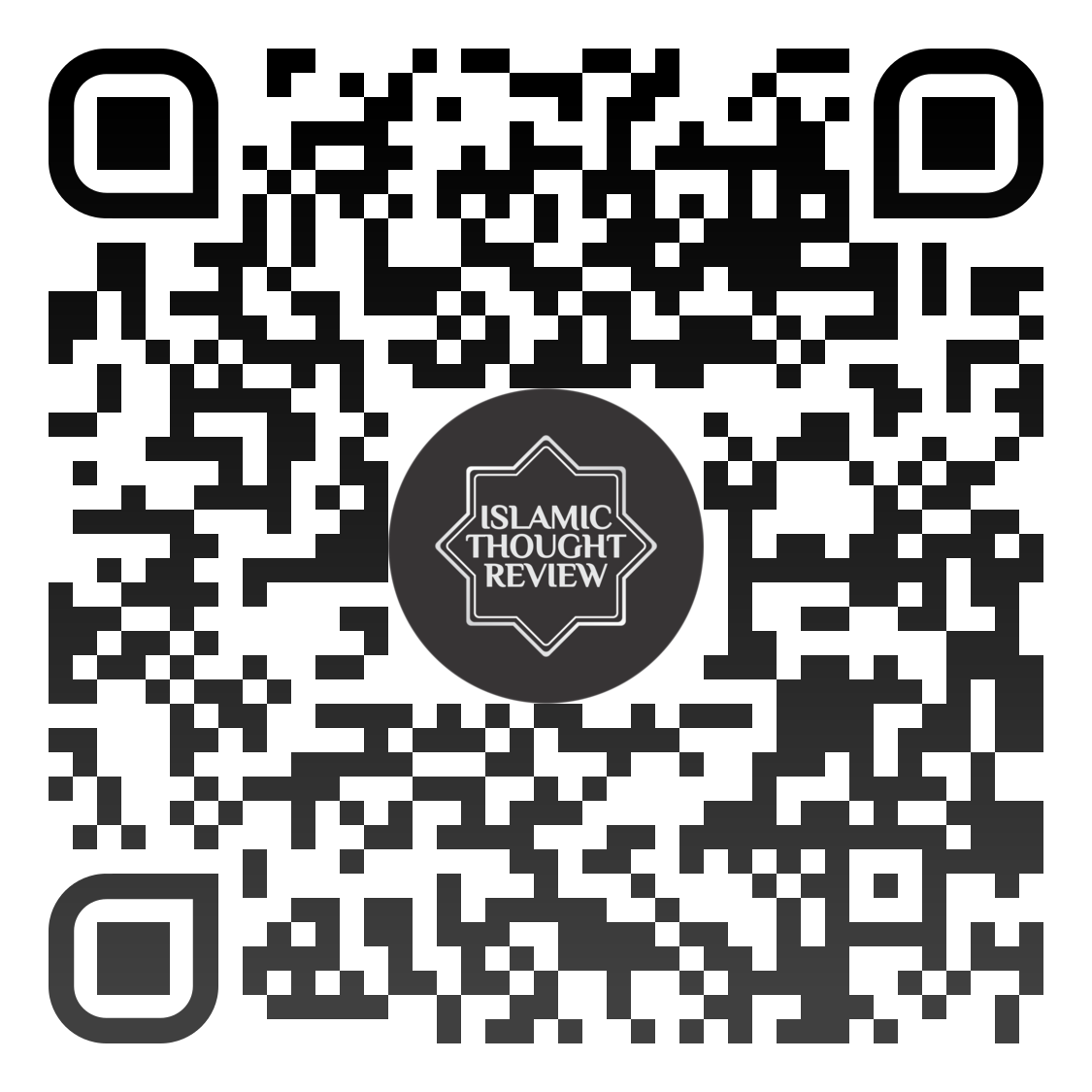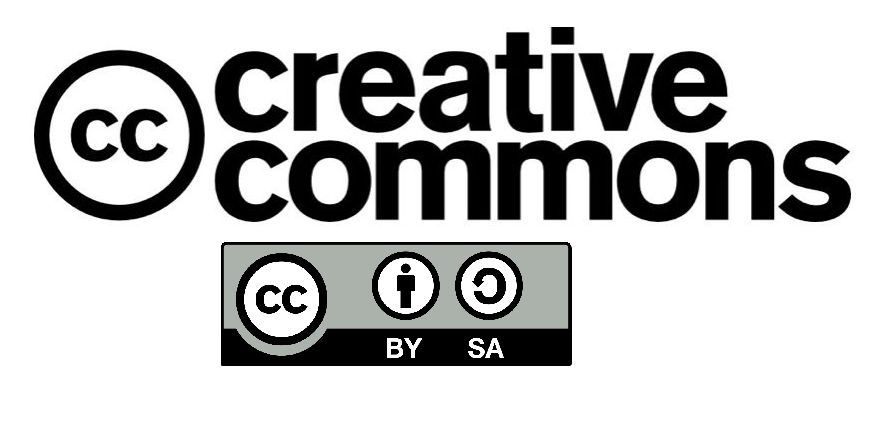Muhammad Abduh's Criticism of Gabriel Hanotaux's Thought in the Book Islam Bainal Ilmi wal Madaniyah
Authors :
Abstract
Full Text:
PDFReferences
Abduh, M. (2011). Islam: Bainal Ilmi Wal Madaniah. Kalimat.
Akram, M. (2013). Beyond Dichotomies: The Import of Gadamer’s Hermeneutics for the Debate of Relationship between Theology and Religious Studies. Islamic Studies, 52, 137–153.
Amir, A. nabil. (2020). The Influence of Abduh’s Principle on Rashid Rida. Minhaj: Jurnal Ilmu Syariah, 1(2), 119–148. https://doi.org/10.52431/minhaj.v1i2.266
Amirpur, K. (2017). New Islamic Thinking in Islam: The Jihad for Democracy. Review of Middle East Studies, 51(1), 77–79. https://doi.org/10.1017/rms.2017.1
Burhanuddin, N., & Wirman, H. P. (2018). Social Theology: Re-actualizing Cultural Values into Society Transformation. Islam Realitas: Journal of Islamic & Social Studies, 4(1), 57. https://doi.org/10.30983/islam_realitas.v4i1.652
Hanotaux, G. (1975). The Colonial Party and the Fashoda Strategy. Routledge .
Hanotaux, G. (2010). Études Historiques Sur le XVIe et XVIIe Siècle en France. Kessinger Publishing.
Hosu, R. (2017). God’s Word Among Hermeneutics, Exegesis and Homiletics. Journal for the Study of Religions and Ideologies, 16(48), 141–146.
Hubaisy, T. D. (2006). Munculnya Aliran Aliran Sesat di Abad Modern. Pustaka Setia.
‘Iraqi, A. (1997). Dirasah Naqdiyah ‘Ala Afkaar Al Imaam. Dar Quba.
Khomeini, A., Taliqani, A., Shariati, A., & Akhavi, S. (1988). Islam, Politics and Society in the Thought of Ayatullah Khomeini, Ayatullah Taliqani and Ali Shariati. In Source: Middle Eastern Studies (Vol. 24, Issue 4).
Madjid, N. (1993). Fazlur Rahman dan Rekonstruksi Al-Qur’an, dalam Islamika. Islamika, 2, 23–28.
Mulfi. (2021). Konsep Muhammad Abduh Tentang Islam Rasional Di Era Modern. Al-Hikmah: Jurnal Theosofi Dan Peradaban Islam, 3.
Rahman, F. (1979). Islam. University of Chicago Press.
Ridho, M. R. (2006). Tarikh Ustadz Al Imam Asy Syeikh Muhammad Abduh. Dar al-Fadhilah.
Ruchhima, R. (2019). Islamisasi Ilmu Pengetahuan Syed Muhammad Naquib Al-Attas Dan Isma’Il Raji Al-Faruqi. Islamika: Jurnal Ilmu-Ilmu Keislaman, 19(01). https://doi.org/10.32939/islamika.v19i01.366
Usman, A. H., Abdullah, Mohd. F. R., Abdul Kadir, Muhd. N., & Iskandar, A. (2022). The Concept of an Ideal Society: A Review of Fazlur Rahman’s Perspective. International Journal of Islamic Thought, 6(1), 1–12. https://doi.org/10.24035/ijit.21.2022.220
Zuhdiah. (2016). Islamisasi Ilmu Ismail Raji Al-Faruqi. Tadrib, 2(2).
DOI: http://dx.doi.org/10.30983/itr.v1i2.7594
Refbacks
- There are currently no refbacks.
_____________________________________________________________________
 | Islamic Thought Review |



